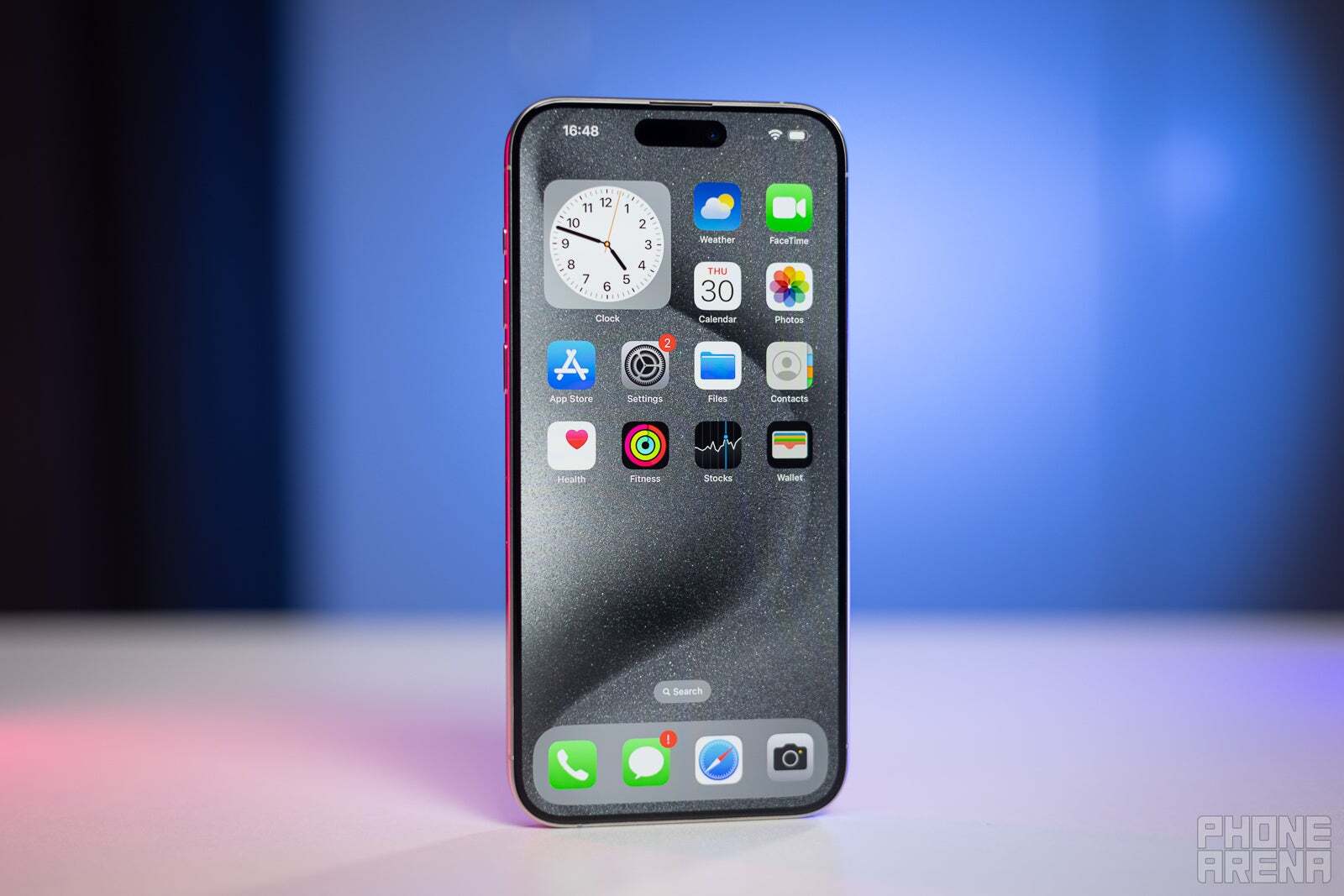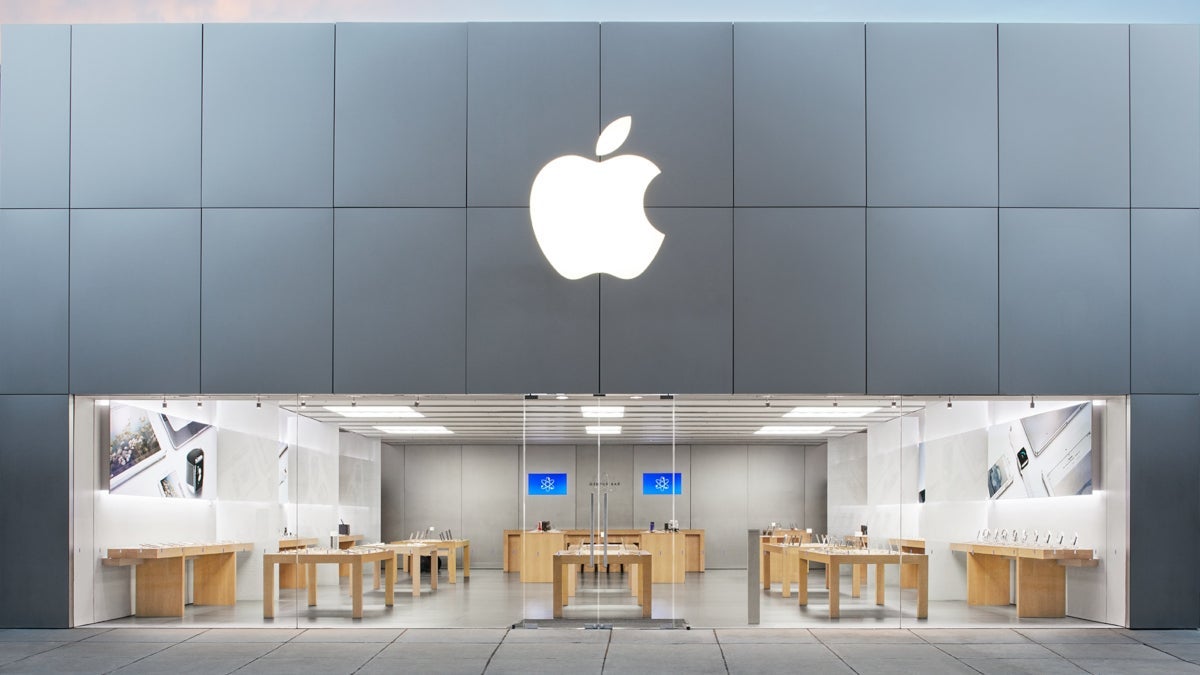Powered by the first new Kirin chipset in three years, the 7nm Kirin 9000s offered 5G support for a Huawei flagship phone for the first time since 2020’s Mate 40 line. Chinese consumers responded with a wave of nationalism as Huawei and China’s largest foundry, SMIC, were able to find a workaround for the U.S. sanctions that are supposed to prevent Huawei from obtaining cutting-edge chips.

The iPhone 15 series, including the iPhone 15 Pro Max (pictured here) had a price cut in China earlier this year
Will Wong, an analyst at market research firm IDC, said, “The growth reflects two things: Apple was preparing for the 618 online shopping festival, which we could see from its recent price discounts. The resilient high-end users showed signs of buying better mobile devices to use for a longer time, which in turn will lead to longer replacement cycles.”
Earlier this month, a poll of Chinese consumers taken by Bloomberg Intelligence revealed that not only were more consumers looking to upgrade their phone, but the iPhone returned as the most favored mobile device after temporarily being replaced by Huawei. It should be noted that April is a slower month for smartphone purchases in China which means that small changes can result in huge percentage moves.
IDC analysts Steven Tseng and Sean Chen believe that…”The reversal in (iPhone) user interest could be due to the premiumization trend in China. More than half of survey respondents say they’re willing to spend more than 4,000 yuan ($550) on their next phone vs. just 33% who currently use premium handsets.”
